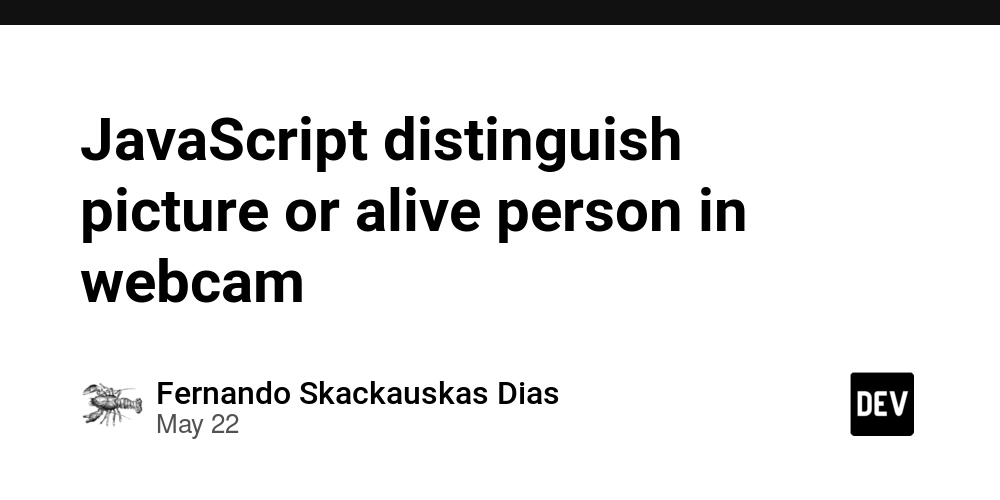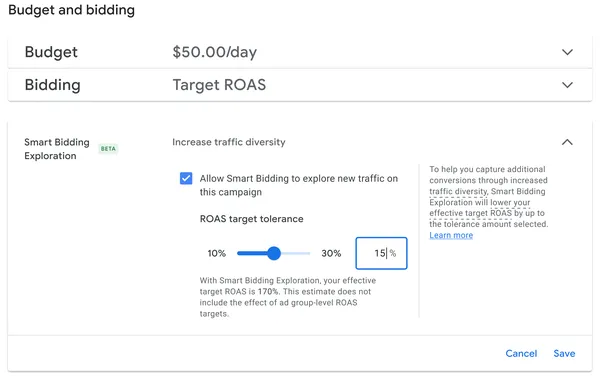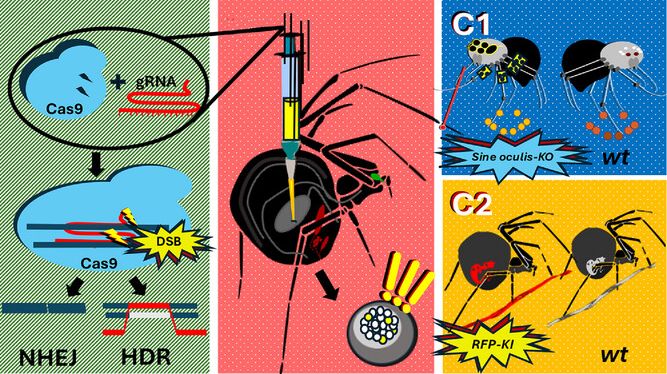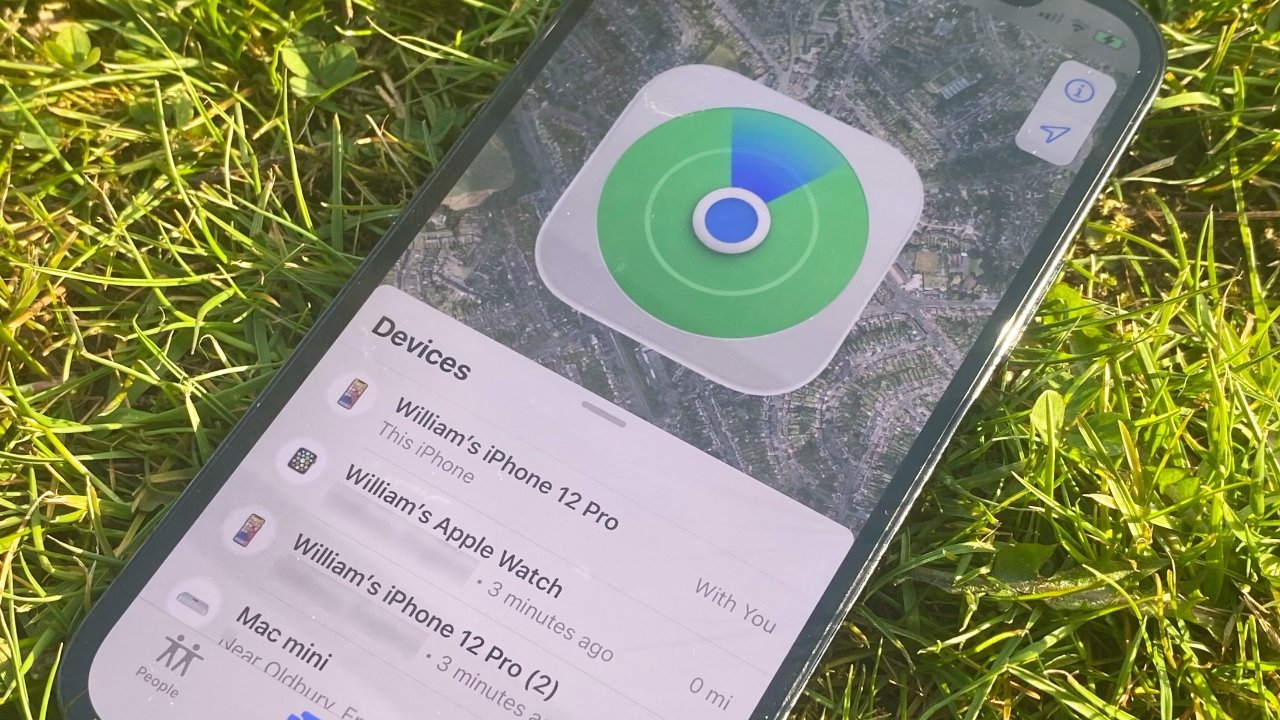Chrome will offer to replace your worst passwords with one click soon
At Google I/O 2025, we saw some pretty exciting innovations. In addition to a new AI search in Google and the ability to try on clothes virtually before you buy, one improvement stands out for how it protects users who might be using inadequate passwords. It isn’t too difficult to come up with a strong password, but you need a unique password for every single account if you want to be truly safe on the web. One way to offload that burden is to use a password manager that stores your unique login credentials and enters them for you, relieving you of the need to memorize anything. Google Chrome already has a built-in password manager that can detect weak passwords as well as compromised passwords that have been leaked in data breaches. Going forward, when detected, it’ll offer to replace those passwords with new ones with just one click. As Google explains in a developer blog post: “When Chrome detects a compromised password during sign in, Google Password Manager prompts the user with an option to fix it automatically. On supported websites, Chrome can generate a strong replacement and update the password for the user automatically. This reduces friction and helps users to keep their account secure, without hunting through account settings or abandoning the process partway.” When will this be possible? According to Google, the new feature will be rolled out gradually for all Chrome users over the course of 2025. The key detail in Google’s statement, however, is that it’ll only work on supported websites. Exactly which sites support the feature isn’t explained in detail. Presumably, they’ll be frequently used sites that require a login (social networks, streaming services, Amazon, etc.). And even if it doesn’t work everywhere, it’s still a practical innovation for those who don’t want to—or can’t—take care of their passwords themselves. Only with explicit consent The developers emphasize that Chrome can’t change anything without your consent. With every automatic password change, regardless of whether it’s due to a weak or leaked password, you’ll receive a prompt in the browser and can accept (or reject) the change. This is intended to keep you in control of your passwords at all times and prevent you from losing track of frequent changes. Chrome’s password manager can already detect weak and compromised credentials by comparing your encrypted usernames and passwords against its own database of known-to-be-compromised login data. That alone is pretty helpful, but recognizing bad passwords and instantly changing them for you? That’s a game-changer, especially since you don’t have to memorize the new passwords. They’re immediately stored in the password manager and can be retrieved on demand. Note, however, that Google isn’t the only company to offer such a service in its password manager. But in this case, the feature is completely free. The only issue is that it’ll only work for certain websites. Further reading: I’m ditching passwords and so should you

At Google I/O 2025, we saw some pretty exciting innovations. In addition to a new AI search in Google and the ability to try on clothes virtually before you buy, one improvement stands out for how it protects users who might be using inadequate passwords.
It isn’t too difficult to come up with a strong password, but you need a unique password for every single account if you want to be truly safe on the web. One way to offload that burden is to use a password manager that stores your unique login credentials and enters them for you, relieving you of the need to memorize anything.
Google Chrome already has a built-in password manager that can detect weak passwords as well as compromised passwords that have been leaked in data breaches. Going forward, when detected, it’ll offer to replace those passwords with new ones with just one click.
As Google explains in a developer blog post:
“When Chrome detects a compromised password during sign in, Google Password Manager prompts the user with an option to fix it automatically.
On supported websites, Chrome can generate a strong replacement and update the password for the user automatically.
This reduces friction and helps users to keep their account secure, without hunting through account settings or abandoning the process partway.”
When will this be possible?
According to Google, the new feature will be rolled out gradually for all Chrome users over the course of 2025. The key detail in Google’s statement, however, is that it’ll only work on supported websites.
Exactly which sites support the feature isn’t explained in detail. Presumably, they’ll be frequently used sites that require a login (social networks, streaming services, Amazon, etc.). And even if it doesn’t work everywhere, it’s still a practical innovation for those who don’t want to—or can’t—take care of their passwords themselves.
Only with explicit consent
The developers emphasize that Chrome can’t change anything without your consent. With every automatic password change, regardless of whether it’s due to a weak or leaked password, you’ll receive a prompt in the browser and can accept (or reject) the change. This is intended to keep you in control of your passwords at all times and prevent you from losing track of frequent changes.
Chrome’s password manager can already detect weak and compromised credentials by comparing your encrypted usernames and passwords against its own database of known-to-be-compromised login data.
That alone is pretty helpful, but recognizing bad passwords and instantly changing them for you? That’s a game-changer, especially since you don’t have to memorize the new passwords. They’re immediately stored in the password manager and can be retrieved on demand.
Note, however, that Google isn’t the only company to offer such a service in its password manager. But in this case, the feature is completely free. The only issue is that it’ll only work for certain websites.
Further reading: I’m ditching passwords and so should you































































.jpg)

















































































































![[The AI Show Episode 148]: Microsoft’s Quiet AI Layoffs, US Copyright Office’s Bombshell AI Guidance, 2025 State of Marketing AI Report, and OpenAI Codex](https://www.marketingaiinstitute.com/hubfs/ep%20148%20cover%20%281%29.png)


![[The AI Show Episode 146]: Rise of “AI-First” Companies, AI Job Disruption, GPT-4o Update Gets Rolled Back, How Big Consulting Firms Use AI, and Meta AI App](https://www.marketingaiinstitute.com/hubfs/ep%20146%20cover.png)

























































































































![[DEALS] Babbel Language Learning: Lifetime Subscription (All Languages) (71% off) & Other Deals Up To 98% Off – Offers End Soon!](https://www.javacodegeeks.com/wp-content/uploads/2012/12/jcg-logo.jpg)
















































































































.jpg?width=1920&height=1920&fit=bounds&quality=70&format=jpg&auto=webp#)






.jpg?width=1920&height=1920&fit=bounds&quality=70&format=jpg&auto=webp#)






















_Alan_Wilson_Alamy.jpg?width=1280&auto=webp&quality=80&disable=upscale#)
_pichetw_Alamy.jpg?width=1280&auto=webp&quality=80&disable=upscale#)




















































































-xl.jpg)



























![Apple Leads Global Wireless Earbuds Market in Q1 2025 [Chart]](https://www.iclarified.com/images/news/97394/97394/97394-640.jpg)

![OpenAI Acquires Jony Ive's 'io' to Build Next-Gen AI Devices [Video]](https://www.iclarified.com/images/news/97399/97399/97399-640.jpg)
![Apple Shares Teaser for 'Chief of War' Starring Jason Momoa [Video]](https://www.iclarified.com/images/news/97400/97400/97400-640.jpg)





































































